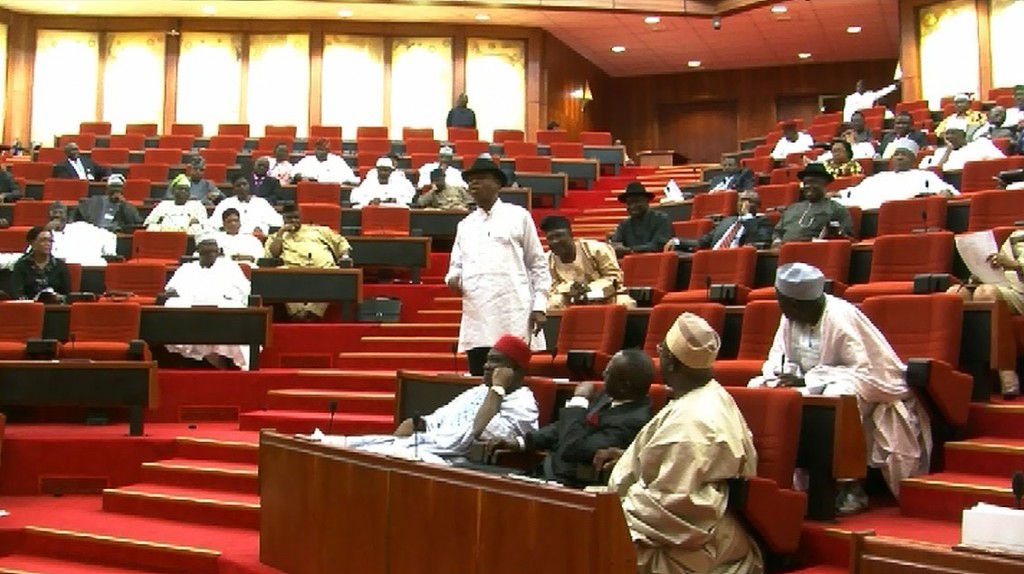THE Petroleum Industry Bill (PIB) is arguably the most talked-about legislation in the country. Yet, the bill could not leave the legislative oven since December 2008 as a result of bickering and suspicion over certain clauses by legislators.
Two of the contentious clauses in the bill, 127(1) which states “Each Up stream Petroleum Company shall remit on monthly basis 10 per cent of their net profit to the host community while Clause 126(1) states that the fund is to be “utilised for the development of the economic and social infrastructure of the communities within the petroleum producing communities” have been the reason why the Bill had been delayed.
Northern members of the National Assembly opposed the two provisions and sought for their deletion. For them, the provision of infrastructure in the oil-bearing communities was already provided for in the NDDC Act.
Now, the Eight National Assembly after much procrastination has promised to commence debate on the amended Bill this week. Senate President Bukola Saraki said the House of Representatives and Senate would discuss the bill simultaneously from this week to speed up its passage, according to a statement from his media office. He however, gave no details on the PIB.
President Muhammadu Buhari has made it a priority to get approval for the PIB, which has been in the works for a decade. The bill is meant to change everything from taxes to overhauling state oil firm NNPC, environmental rules and revenue sharing, but its comprehensive nature has caused disputes among lawmakers.
ALSO SEE: Shell opposes composition of new PIB
Analysts have described the PIB as the only way to fully maximise the benefits accruable in the oil and gas sector. For instance, it will provide good governance in the oil and gas sector, streamline and strengthen petroleum administration, simplify the collection of government revenue, provide higher revenue from deep offshore oil production, encourage small field development and increase activity through modern acreage management.
Besides, the bill will provide a new role for the Nigerian National Petroleum Corporation (NNPC) by changing it from a seemingly government department to a self-financing and a profit-oriented corporate entity. It will also create Incorporated Joint Ventures (IJV) to mitigate the shortage of funds and provide support for the National Oil Company (NOC) to finance new projects, especially new oil and gas field development in shallow and deep water.
The PIB, a combination of 16 local petroleum laws rolled into a single bill began its journey to the National Assembly in 2008 when the late President UmaruYar’Adua forwarded it as an Executive Bill for consideration. It has been designed by its promoters as a regulatory framework to improve the petroleum industry with the introduction of transparency and accountability.

 Comments and Issues2 days ago
Comments and Issues2 days ago
 Business6 days ago
Business6 days ago
 Business1 week ago
Business1 week ago
 Business1 week ago
Business1 week ago
 Business5 days ago
Business5 days ago
 Comments and Issues5 days ago
Comments and Issues5 days ago
 Education7 days ago
Education7 days ago
 News6 days ago
News6 days ago















